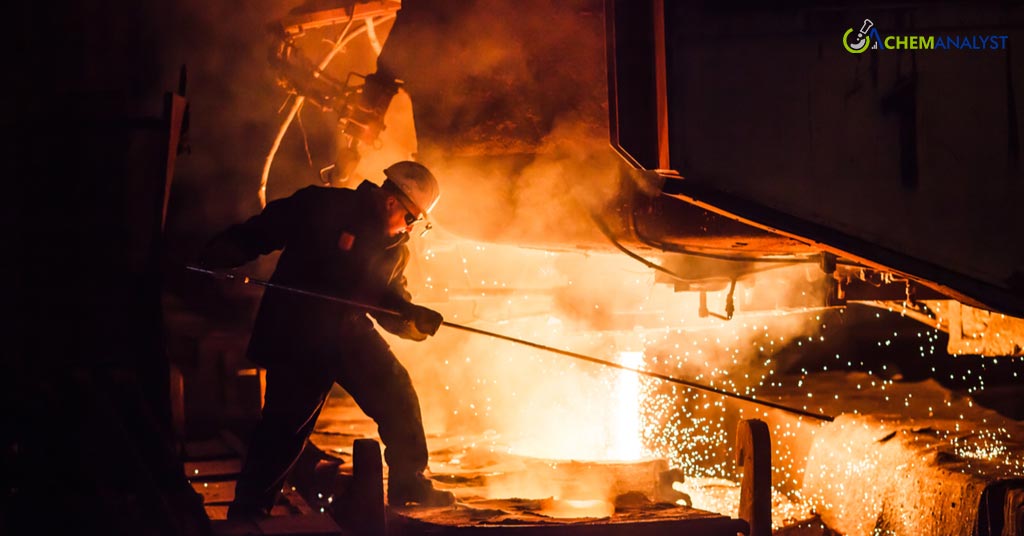Welcome To ChemAnalyst

Nippon Steel Corporation has announced a significant milestone in its efforts to combat climate change, revealing a remarkable 33% reduction in blast furnace CO2 emissions through the utilization of hydrogen reduction technology. The achievement was confirmed following extensive tests conducted between November and December of the year 2023. Nippon Steel employed the innovative Super COURSE50 technology on a small-scale blast furnace during these tests, and the results were deemed the "highest level in the world" using this particular method.
The groundbreaking Super COURSE50 technology employs heated hydrogen to facilitate the reduction of CO2 in a dedicated hydrogen reduction test furnace. Buoyed by the success of the small-scale tests, Nippon Steel is now set to progress with demonstration tests of the technology on a larger scale, with the ultimate goal of implementing it in large blast furnaces. The company envisions achieving an even more ambitious target – a 50% reduction in emissions.
To bring this vision to fruition, Nippon Steel plans to install the necessary equipment at its No.2 blast furnace located at the East Nippon Works Kimitsu Area in Japan. This strategic move is part of the company's preparation for the launch of further demonstration experiments, scheduled to commence in January 2026. By scaling up the implementation of the Super COURSE50 technology, Nippon Steel aims to make significant strides in reducing CO2 emissions, contributing to the global effort to address climate change.
In a connected update, the Australian firm Calix Limited has concluded a Front-End Engineering and Design (FEED) study for a demonstration plant focused on hydrogen direct reduced iron (H-DRI). This innovative plant is anticipated to produce iron ore in a manner that is not only cost-effective but also nearly free of emissions. The H-DRI process is particularly noteworthy as it addresses a substantial portion of the steel industry's emissions, accounting for approximately 80-85% of the total.
H2 Green Steel, operating an H-DRI plant in Sweden, is expected to achieve an impressive CO2 reduction of up to 95% compared to conventional blast furnace steelmaking methods that rely on coal and coke. The completion of the FEED study by Calix Limited marks a crucial step in advancing the development and implementation of H-DRI technology, offering a promising avenue for reducing the environmental impact of the steel industry.
These initiatives by Nippon Steel and Calix Limited underscore the increasing importance placed on sustainable and eco-friendly practices within the steel industry. As the global community intensifies its focus on mitigating climate change, these innovative technologies represent essential steps towards achieving a more sustainable and low-carbon future for the steel sector.
We use cookies to deliver the best possible experience on our website. To learn more, visit our Privacy Policy. By continuing to use this site or by closing this box, you consent to our use of cookies. More info.
